BitChat: Revolutionizing Decentralized Messaging in 2025
Decentralized messaging is revolutionizing how we communicate, and BitChat is leading this transformation in 2025. Unlike traditional messaging apps that rely on centralized servers, BitChat uses Bluetooth mesh networks and blockchain technology to offer secure, private, and offline communication. This guide explores what makes BitChat the future of messaging, its key features, benefits, and why it’s a game-changer for privacy-conscious users. Whether you’re curious about decentralized technology or seeking a reliable messaging solution, this blog will provide a comprehensive overview.
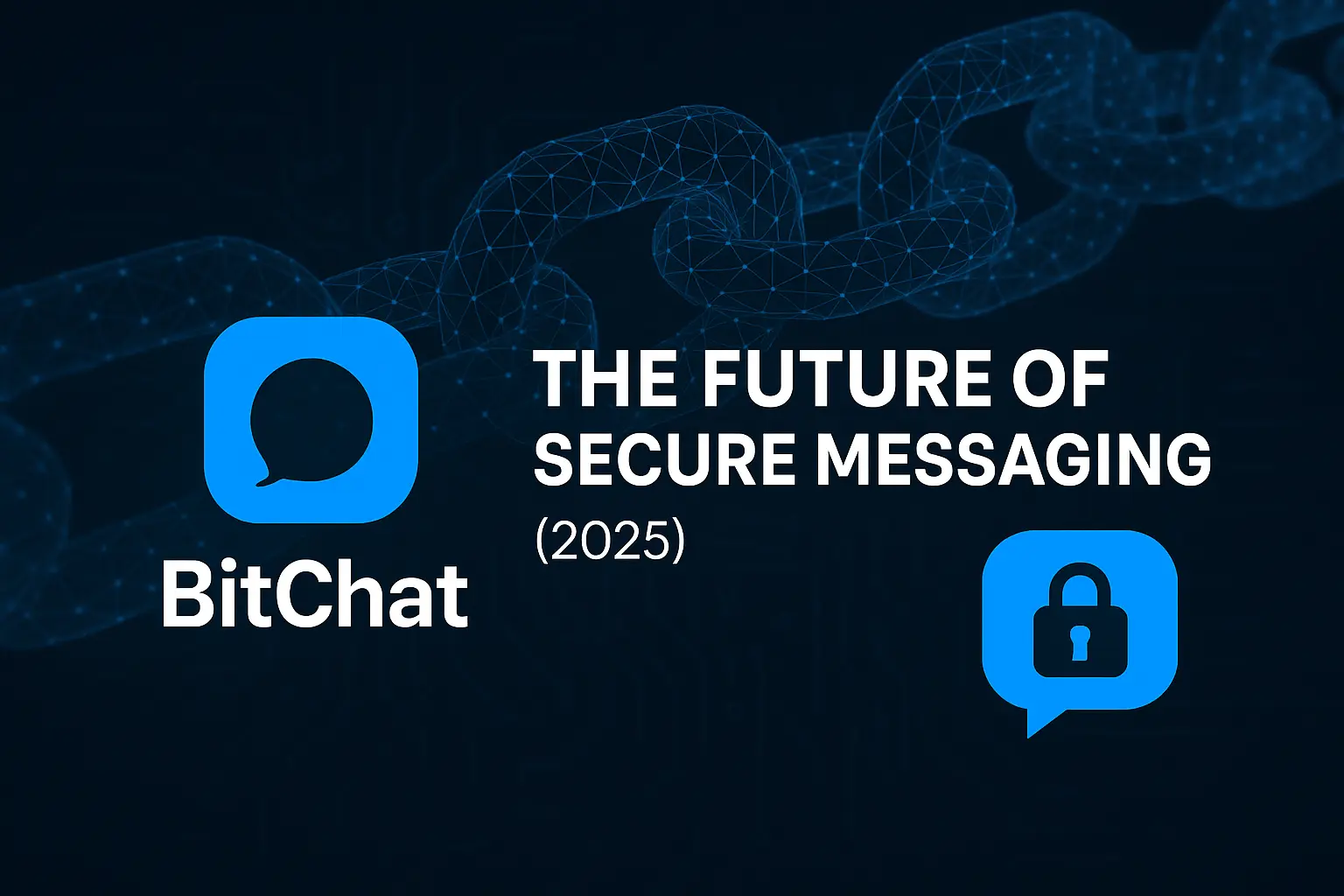
What is BitChat? Understanding Decentralized Messaging
BitChat is a peer-to-peer messaging platform developed by Twitter co-founder Jack Dorsey, designed to operate without internet or cellular networks. It leverages Bluetooth mesh networks, allowing devices to communicate directly within a 300-meter range, with messages hopping between devices for extended reach. Unlike WhatsApp or Telegram, BitChat requires no servers, phone numbers, or accounts, ensuring complete user anonymity. Its end-to-end encryption, powered by military-grade security, makes it ideal for users prioritizing privacy. In 2025, as concerns over data breaches grow, BitChat’s decentralized approach addresses these issues by eliminating central points of failure.
Key Features of BitChat in 2025
BitChat stands out due to its innovative features tailored for a decentralized world. Here are the core components that define its functionality:
- Offline Messaging via Bluetooth Mesh: BitChat allows users to send messages without Wi-Fi or cellular data, using Bluetooth to create a mesh network where devices relay messages. This is perfect for areas with poor connectivity or during internet shutdowns.
- End-to-End Encryption: With military-grade encryption, BitChat ensures that only the sender and recipient can access messages, protecting against surveillance and hacking.
- No Accounts or Data Collection: Unlike traditional apps, BitChat doesn’t require personal information, enhancing user privacy and reducing data breach risks.
- Blockchain Integration: Built on Web3 and IPFS, BitChat uses blockchain for secure data storage and offers a cryptocurrency (BCHAT) for in-app features and content monetization.
- Censorship Resistance: Its decentralized nature makes it immune to government or corporate censorship, ensuring free communication.
These features position BitChat as a pioneer in secure, user-controlled messaging for 2025.
Why BitChat is the Future of Messaging
The rise of decentralized messaging reflects a growing demand for privacy and autonomy in digital communication. BitChat addresses these needs by offering a platform that operates independently of traditional internet infrastructure. In 2025, with increasing internet censorship and data privacy regulations, BitChat’s ability to function offline and securely makes it a vital tool for activists, journalists, and everyday users. Its use of LZ4 compression ensures fast, efficient message transmission, even on low-power devices. Additionally, the integration of blockchain technology allows users to monetize content or access premium features using BCHAT tokens, aligning with the growing trend of Web3-based economies.
Benefits of Using BitChat for Secure Communication
BitChat offers several advantages that make it a compelling choice for secure messaging in 2025:
- Enhanced Privacy: By eliminating centralized servers and personal data requirements, BitChat minimizes the risk of data leaks or third-party access.
- Offline Accessibility: Its Bluetooth mesh network ensures connectivity in remote areas or during network outages, making it ideal for emergencies.
- Scalability: The peer-to-peer model allows BitChat to scale without relying on costly server infrastructure, ensuring reliability as user numbers grow.
- User Empowerment: Blockchain integration gives users control over their data and the ability to monetize interactions, a feature not found in traditional messaging apps.
These benefits make BitChat a versatile solution for both personal and professional communication needs.
How BitChat Compares to Traditional Messaging Apps
Traditional messaging apps like WhatsApp, Signal, or Telegram rely on centralized servers, making them vulnerable to hacks, outages, or government surveillance. BitChat, on the other hand, operates on a decentralized network, reducing these risks. While apps like Signal offer end-to-end encryption, they still require internet access and user accounts, unlike BitChat’s offline and anonymous model. Additionally, BitChat’s blockchain-based features, such as BCHAT token integration, provide a unique economic layer not available in competitors. In 2025, as users demand greater control over their data, BitChat’s decentralized approach gives it a significant edge over traditional platforms.

Challenges and Limitations of BitChat
While BitChat is innovative, it’s not without challenges. The 300-meter range of Bluetooth mesh networks limits its reach unless multiple devices are nearby to relay messages. This can be a drawback in sparsely populated areas. Additionally, the reliance on blockchain and Web3 technologies may confuse less tech-savvy users, and the BCHAT cryptocurrency introduces financial complexity. Battery consumption for Bluetooth messaging can also be a concern for prolonged use. Despite these limitations, BitChat’s beta testing with 10,000 users in 2025 shows promising adoption, and ongoing improvements are addressing these issues.
How to Get Started with BitChat in 2025
Getting started with BitChat is straightforward. Follow these steps to join the decentralized messaging revolution:
- Download the App: Available in beta for iOS and Android, BitChat can be downloaded from its official website or app stores.
- Enable Bluetooth: Ensure your device’s Bluetooth is active to connect to the mesh network.
- Start Messaging: No account setup is needed. Simply open the app, select a contact within range, and send encrypted messages.
- Explore BCHAT Features: Use BCHAT tokens for premium features or content monetization, accessible via the app’s blockchain wallet.
As BitChat is still in beta, users can provide feedback to help shape its final release.
The Role of BitChat in a Web3 and Decentralized Future
BitChat is more than a messaging app; it’s a step toward a decentralized digital ecosystem. By integrating Web3 principles and IPFS for data storage, BitChat aligns with the broader movement toward user-controlled internet platforms. In 2025, as Web3 adoption grows, BitChat’s ability to facilitate secure, offline communication and blockchain-based transactions positions it as a leader in this space. Its censorship-resistant design also makes it a powerful tool for free speech, especially in regions with restrictive internet policies. The app’s potential to enable offline Bitcoin transactions via Bluetooth further hints at its role in decentralized finance.
Conclusion
BitChat is redefining messaging in 2025 by offering a decentralized, secure, and offline alternative to traditional apps. Its use of Bluetooth mesh networks, end-to-end encryption, and blockchain integration makes it a pioneer in privacy-focused communication. While challenges like range limitations exist, BitChat’s benefits—enhanced privacy, offline accessibility, and user empowerment—make it a compelling choice for the future. Ready to explore decentralized messaging? Download BitChat today and join the 10,000+ users testing this revolutionary platform. Share your thoughts in the comments below or subscribe for more tech insights!
FAQs About BitChat
Q1. Is BitChat really anonymous?
Yes, you don’t need to provide personal details like phone numbers or email.
Q2. Is BitChat available for Android and iOS?
Yes, though iOS versions may be in beta or require TestFlight.
Q3. Can I use BitChat to send crypto?
Yes, it supports wallet integration for sending tokens or NFTs.
Q4. Is BitChat open-source?
Yes, most BitChat projects are open-source on platforms like GitHub.
Q5. Can BitChat be banned like Telegram or Signal?
It’s harder to ban as it operates on a decentralized network.
Related Articles for Context
- Tips to Get Hired Faster for Remote Jobs in 2025
- How to Earn Money Online Easily from Home – A Complete Guide (2025)
- Trending Stocks and ETFs Americans Are Investing In (Mid 2025)
- Netflix vs Disney+ vs Prime Video – Which Streaming Service Wins in 2025?
- Final Destination: Bloodline (2025) – Movie Review & Breakdown of the Franchise’s Bloodiest Return
- Movie Soundtracks That Evoke Strong Emotions – Unforgettable Scores That Touch the Soul
- Initial Report: Plane Crashes at Southend Airport, All Flights Cancelled
- Best ChatGPT Alternatives Thats Works Better
- ElevenLabs – Ultra-Realistic AI Voice Generator (2025 Full Review)
- Make AI Videos in Minutes: How to Create Videos with Sound Using AI in 2025

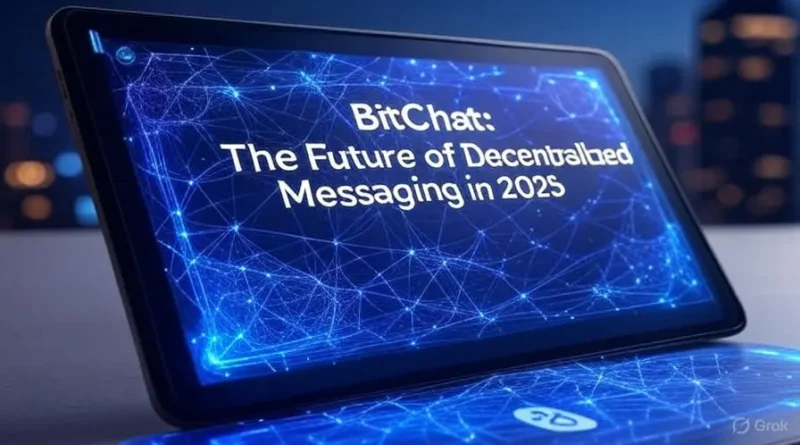
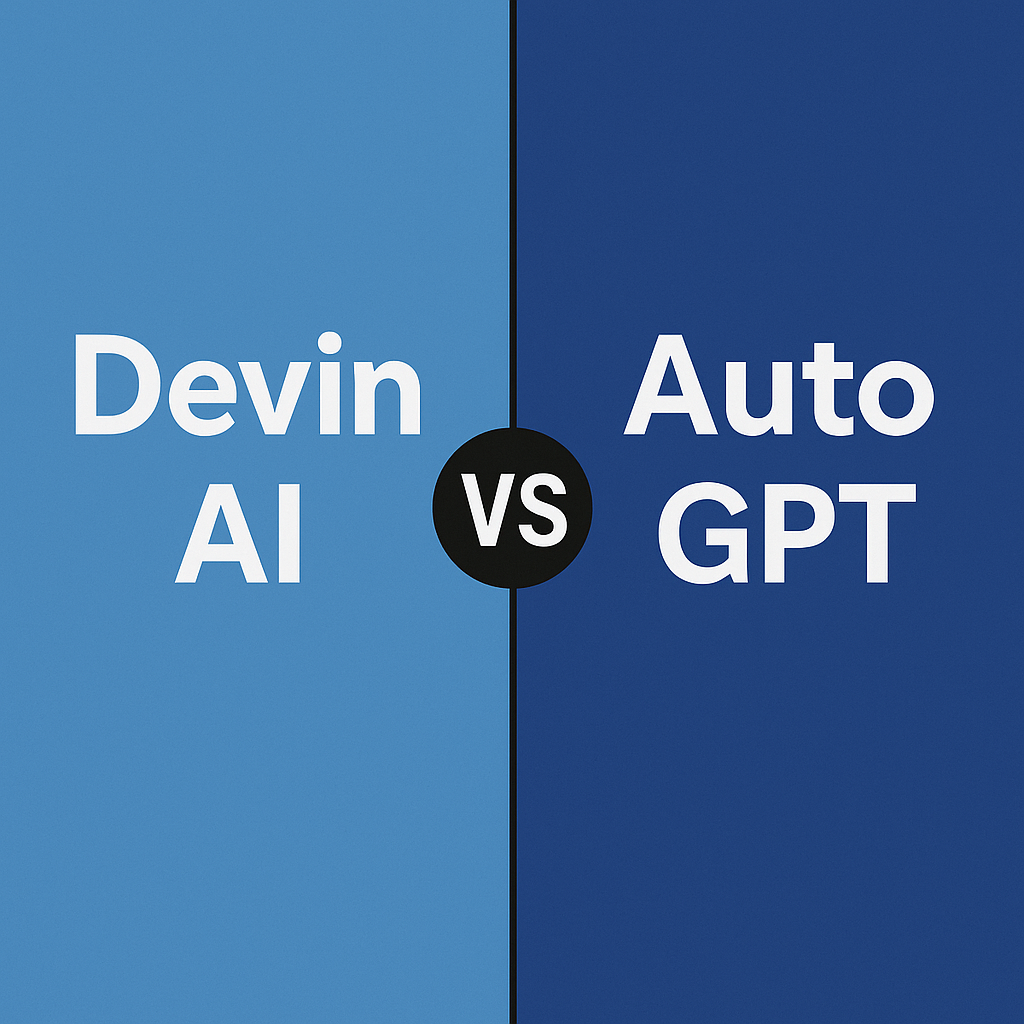
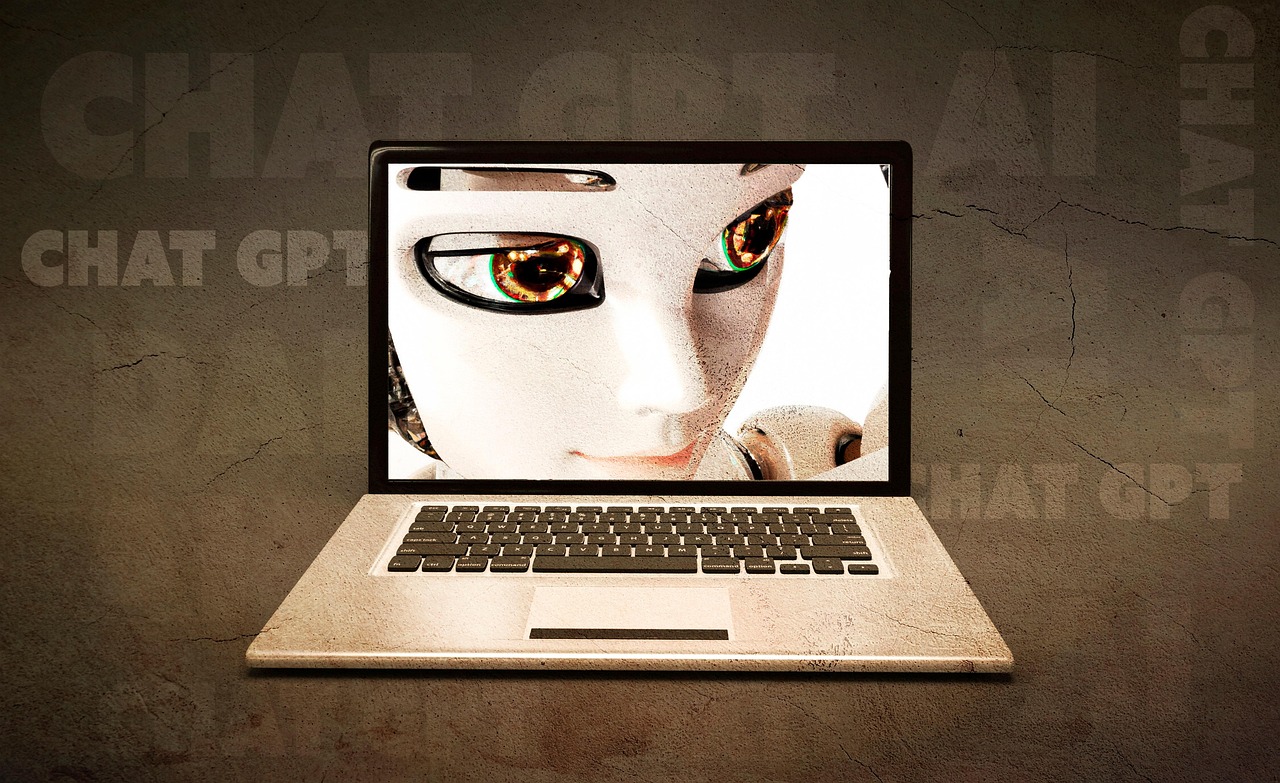
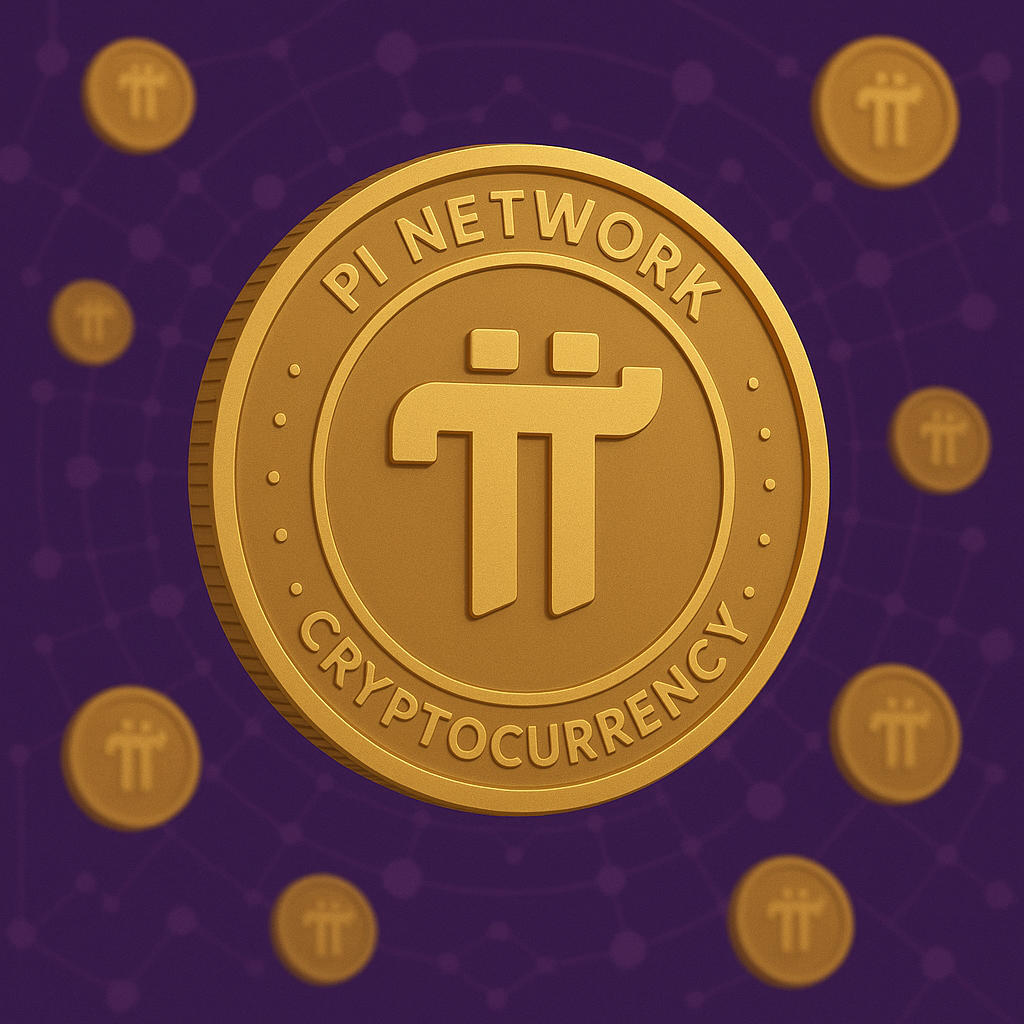
Pingback: 120 Profitable Blog Niche Ideas & How to Pick the Right One (2025 Guide) - CGViral - Trending Tech, Money & Investment Guides (2025)
Pingback: How to Create a Budget and Save Money: A Step-by-Step Guide for 2025 - CGViral - Trending Tech, Money & Investment Guides (2025)
Pingback: Cheap & Powerful WordPress Hosting USA 2025 - CGViral - Trending Tech, Money & Investment Guides (2025)